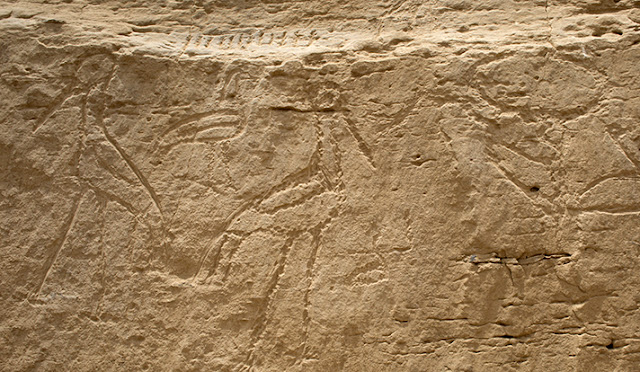Sunday, June 25, 2017
Wednesday, May 3, 2017
What Has Arthur Evans Found on Crete?
When conducting excavations on Crete island as well as studying found objects Arthur Evans repeatedly notes that some of the characters imprinted on these items have an obvious connection with the region of Asia Minor and Syria.
Labels:
Arthur Evans,
clay,
Haya,
Makarats,
pictography,
priest,
scorpion,
tokens
Sunday, April 2, 2017
Monday, March 20, 2017
9 Uncracked Codes & Undeciphered Scripts
Secret messages abound! Here are nine of the world’s most mysterious scripts and codes.
Sunday, March 19, 2017
The first 8 columns of the Hamurapis Code
The first 8 columns of the Hamurapis Code (after de Morgan Delegation en Perse IV, Pl.4-5).Quality allows you to work.
Sumer, Egypt, beads and crocodile
In the article "The WordCrocodile is of Armenian Origin and This is Important...", we showed that arm. sabaq (sabak) "cross-netting, adornment in the likeness of a grid", the Jewish שְּׂבָכָה (sәbākā) with the same meaning as in Armenian, Arabic شبكة (šabaka) "network; a door or window in the shape of a grid" comes from the name of the Egyptian God crocodile Sebek, who was considered the Creator of Net.
Saturday, March 18, 2017
Subscribe to:
Comments (Atom)



